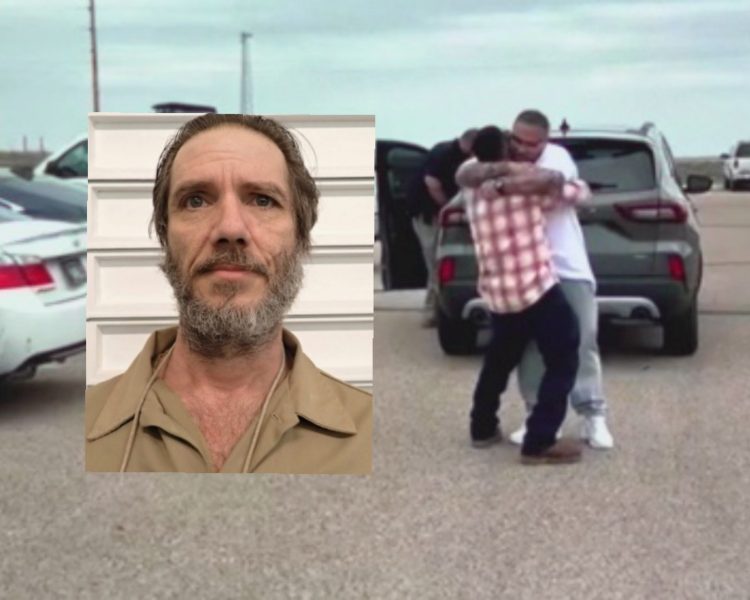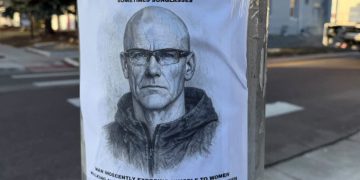Colorado Man Freed After 15 Years in Prison for Wrongful Triple Shooting Conviction
After spending 15 years behind bars for a crime he has always insisted he didn’t commit, James “Cass” Garner is finally a free man. On Wednesday, a Colorado court vacated his conviction in a 2009 triple shooting, leading to his immediate release.
The case stems from a November 22, 2009, incident at a bar in Adams County, where Garner was attending a birthday celebration. During the event, three brothers were shot, though all survived. Garner was later charged and convicted in connection to the shooting, despite maintaining his innocence from the beginning.
Crucially, none of the victims initially identified Garner in photo lineups shortly after the shooting. However, during his trial nearly three years later, all three brothers testified that Garner was the shooter, raising serious concerns about the reliability of their identifications.
Those concerns were at the center of a years-long legal battle led by the Korey Wise Innocence Project (KWIP) at the University of Colorado Boulder Law School. National experts on human memory and eyewitness identification concluded that the trial testimony was unreliable and flawed, forming a key argument in Garner’s petition for post-conviction relief.
KWIP attorneys Kathleen Lord and Jeanne Segil presented new evidence in an evidentiary hearing earlier this month, which included expert testimony and a re-examination of the eyewitness accounts. The prosecution ultimately conceded several of the arguments raised by KWIP, leading to Wednesday’s ruling.
District Attorney Brian Mason supported the decision, stating:
“My job is to do the right thing in every case, and in this case, this was the right thing to do. We carefully reviewed the jury trial transcript, considered the new witness testimony, and ultimately determined that there were significant issues that justified this decision. Our commitment to justice means doing what’s right.”
Garner’s release marks another victory for innocence advocates and highlights the ongoing challenges with eyewitness-based convictions. He is now beginning the long road of rebuilding his life after spending a decade and a half in prison for a crime he did not commit.










